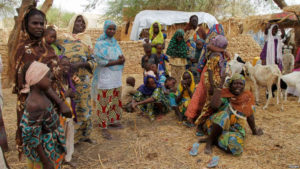Foreign News
Cameroon Begs for International Help Against Boko Haram Terror
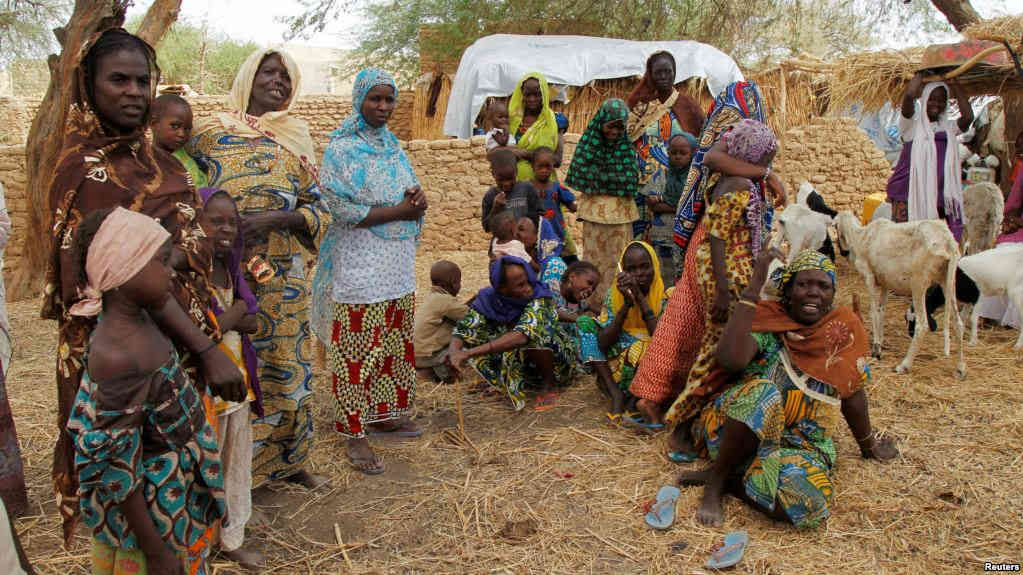
On a Friday night in September 2014, Boko Haram fighters attacked the village of Guza in northeastern Nigeria, killing and kidnapping young boys as they burned homes and looted.
Ismael, now 15, survived that night of terror and hid in his house for 40 days, afraid that if he ventured outside for even a moment, terrorists would abduct him — the fate that has befallen many other boys in his region.
“My elder sister advised me to dress like a girl and flee to the nearby villages to save myself,” Ismael said through a translator in the town of Maroua, Cameroon, where he recently arrived.
After an odyssey that included more than two years in detention in Cameroon for suspected ties to Boko Haram, Ismael is now being assisted by a local organization, The Cameroon Institute for Children. Ismael will go to school, and eventually to be reunited with his surviving family members.
But for now, he is one of about 85,000 Nigerians who have fled to Cameroon to escape the brutality of Boko Haram.
Struggling to cope
Authorities in Cameroon, where Nigerians fleeing for their lives have been arriving for the past few years, say the government is struggling with the economic, security and humanitarian impact of the tide of refugees.
“It is clear the war comes at a high cost,” Prime Minister Philemon Yang told a visiting delegation from the U.N. Security Council on Friday. It is the first time the Council has come to Cameroon, a sign of its concern that not enough attention has been paid to the threat to peace and security that Boko Haram poses.
The prime minister said his country’s coffers have been severely depleted by the drop in global oil prices. “We are asking that the international community gives us support, that the international community supports our programs, supports us financially and especially supports us eventually for economic development in the region,” he told the Security Council envoys.
IMF Managing Director Christine Lagarde is greeted by Cameroon’s Prime Minister Philemon Yang, right, upon arriving at the Yaounde airport, Jan. 7, 2016.
Refugees need assistance
In addition to the more than 85,000 refugees it hosts from Nigeria, and more than 150,000 others who have fled sectarian violence in the neighboring Central African Republic, Cameroon has also seen nearly 200,000 of its own citizens displaced by Boko Haram, as the terrorists spread into isolated and insecure areas in the country’s Far North Region, close to the Nigerian border.
Boko Haram has conducted 75 suicide attacks in Cameroon since 2014, according to Max Schott, the chief U.N. humanitarian coordinator in the country. Even more troubling is that the group uses women and children to carry out most of those attacks.
“It is essential to address the root causes of the crisis by addressing poverty, marginalization and underdevelopment,” Schott told the delegation from U.N. headquarters, “while continuing to expand humanitarian assistance.”
But some progress has been made against the terrorists.
“The enemy is now on the back foot, and being held on the back foot and scrambling for cover in the forests,” Cameroon’s defense minister, Joseph Beti Assomo, told the Security Council visitors. A combination of better equipment and training for his soldiers and improved bilateral cooperation with Nigeria has contributed to the gains, he said.
President Paul Biya of Cameroon waits to address the 71st United Nations General Assembly in New York, Sept. 22, 2016.
President Paul Biya of Cameroon waits to address the 71st United Nations General Assembly in New York, Sept. 22, 2016.
International attention
The delegation of U.N. Security Council ambassadors is on a four-country mission to the Lake Chad Basin — Cameroon, Chad, Niger and Nigeria — to see first-hand the effects Boko Haram have had on the population there.
“We came in order to show this will no longer be a neglected crisis,” British Ambassador Matthew Rycroft said.
The diplomats met separately Friday in Yaounde with President Paul Biya and Prime Minister Yang, as well as a number of ministers and U.N. agency representatives. They then ventured north to Maroua, a 90-minute flight from the Cameroonian capital, to meet with civil society representatives, displaced persons, refugees and humanitarians. An expected meeting at an IDP camp did not take place, but some residents came to see the diplomats at the airport and discuss their situation.
“When we go back to New York we will not sit idle,” Senegal’s ambassador Fode Seck promised reporters. “This visit must have some follow-up,” he added.
VOA NEWS
-
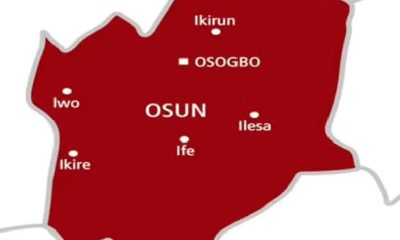
 Opinion4 days ago
Opinion4 days agoThe Clout-chasing Dipo Awojide By Comrade Da’Peace
-

 News3 days ago
News3 days agoRamadan, Lent: Shettima Calls For National Unity And Compassion
-
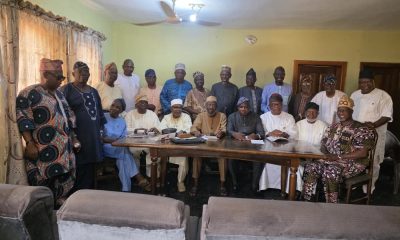
 News4 days ago
News4 days ago2026: Let’s Work Hand In Hand To Ensure Party’s Victory, APC Igbimo-Agba Osun Urges Ex-guber Aspirants, Party Members
-
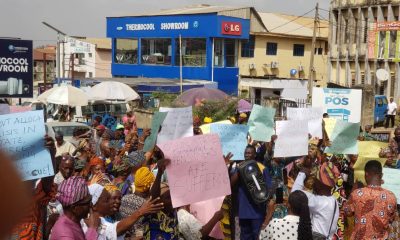
 News5 days ago
News5 days agoOsun Pensioners Urge President Tinubu To Intervene In LG Fund Crisis


